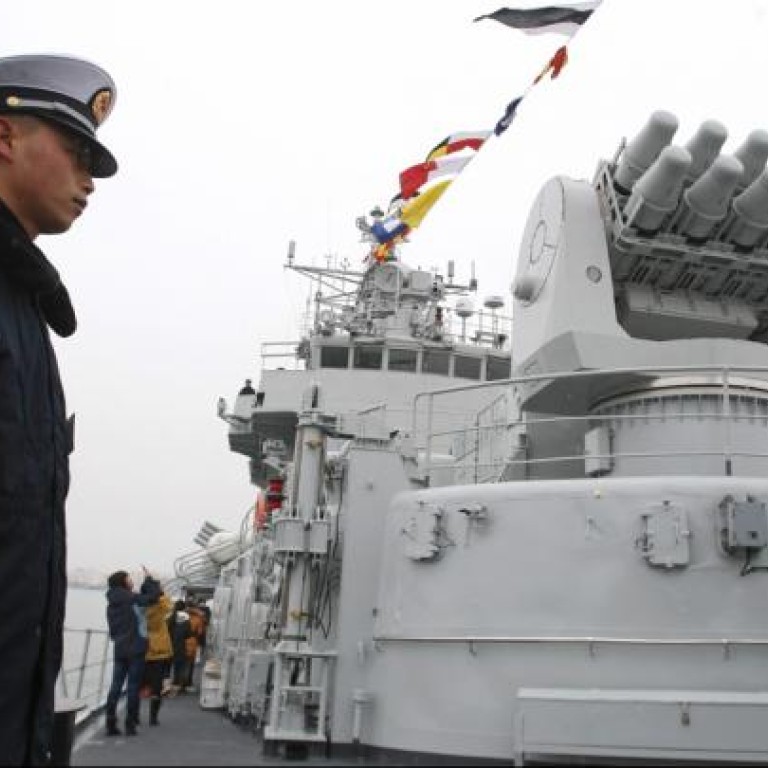
There's good reason for China's bluster
Our recent story outlining the strategic and historical context behind the statements from outgoing President Hu Jintao that China must "build itself into a maritime power" made interesting reading for anyone wanting to understand what is going on in the region.
While the political jockeying and post-Bo Xilai intrigue generated more headlines out of the recent 18th party congress, Hu's vision of China's maritime future resonated across the region's staterooms and strategic salons. On one level, few are contesting China's rights to naval power commensurate with its rising stature and broadening economic reach. Even hawkish US figures such as former Defence Secretary Donald Rumsfeld have acknowledged this.
The questions for many looking increasingly warily upon China's rise are instead how will it get to that point and what will Beijing do with its clout once its gets there.
Underpinning those fears is the fact that Beijing will face the tyranny of geography as it rises. The US and the former naval giant that was the Soviet Union were blessed by continental access to at least two oceans; older maritime powers from smaller states such as Britain and Portugal used their fleets to snare colonies that helped them to further project their reach.
The realities faced by Beijing's strategists are vastly different. Not only does China's long coastline offer access only to the Pacific Ocean, but it finds itself hemmed in by two chains of islands. The first runs in a line down from Japan - host to its US ally - and its southern islands through the Philippines into the Spratly Islands of the South China Sea, a grouping dominated by the many bases of rival claimant Vietnam. The outer island chain includes US holdings such as Guam, where Washington has recently expanded its submarine force and has long kept strategic bombers.
In the longer term, the fate of Taiwan could tilt the strategic balance back in its favour, providing the PLA navy with a strategic hub it can only now dream about.
China's bluster - and its increasing assertiveness across regional seas - is steeped in a fear of containment and it is not hard to see why. The test then for China, and the worried region, is to make sure that its rise is peaceful.

